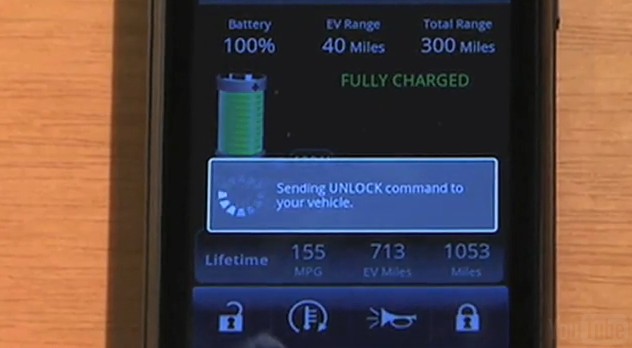
So what does this have to do with the cars of tomorrow? Now that mobile hardware technology has begun to make its way into today's cars, we are beginning to expect it there. We want to be able to touch a picture on a screen to make something happen. We want to be able to connect to the internet, no matter where we are driving. Cars are now expected to play our favorite music, give us directions, make phone calls, or even download apps at the touch of a button or the sound of our voice. We want them to connect to our phones and computers without the limitations of wires.
Visually attractive graphical user interfaces on modern smartphones make primitive on-screen menus look cheap. So, not only do we expect new cars to give us technologically advanced features, we want them to look pretty while doing it. In the same way as this makes us lust for the latest gadgets, it can give us the impression that a new vehicle is built with cutting edge technology and quality.
Ford's Sync system has become popular for its compatibility with mobile phones and music players. The company has also recently added Wi-Fi hotspot capability to its vehicles as a dealer installed option. Audi is boasting the first ever factory-equipped Wi-Fi sedan, the 2011 A8. The upcoming Chevy Volt has been getting attention for its interaction with a smartphone app, that allows the driver to monitor battery charge remotely. Car makers have caught on that people want this stuff, and they are responding with every new model.
In the future (and even the present) the automotive industry will become a proving grounds for new electronic and communications technology. Traditionally, automotive design has been focused on the interaction between the road, vehicle, and driver. Now the car's interactions with other devices and digital information are becoming a priority. Modern mobile devices have left us with an insatiable need to be connected--to everything--all the time. Now that we're beginning to get a taste of this with new and upcoming cars, we'll be counting on it in the future. Don't worry, it will be there.